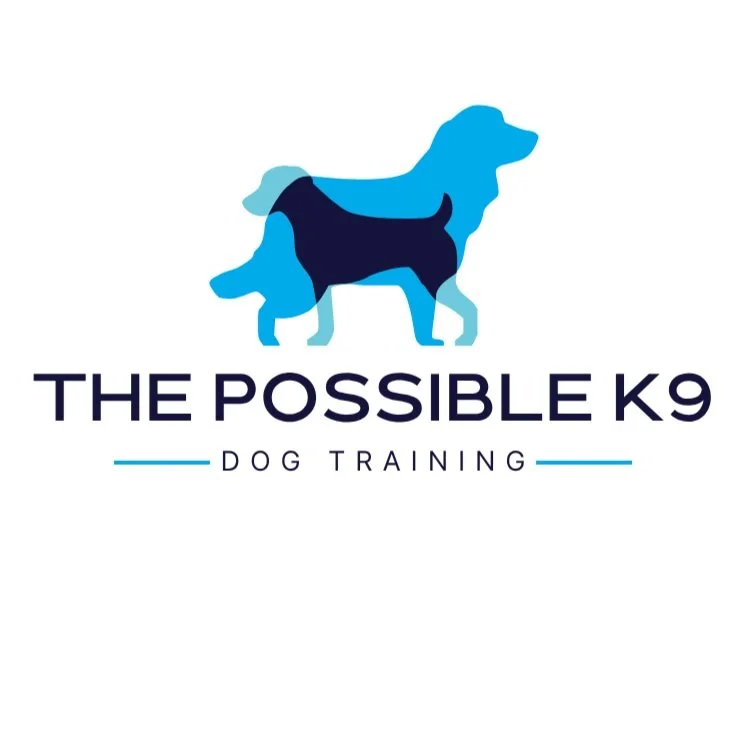FAQs
Why should I hire a dog trainer when there are so many free training videos on YouTube?
Free resources can be helpful, but videos can’t see you. A professional trainer can observe your timing, tone, body language, and handling—things you might not even realize you’re signaling to your dog. Small, unintentional cues can make a huge difference in training. With a trainer, you get real-time feedback, personalized coaching, and a plan tailored to your specific dog, rather than a one-size-fits-all video.
How long does dog training take?
Training isn’t a one-and-done process—it’s something that lasts for the life of your dog. Dogs are always learning, and as our routines, environments, and lifestyles change, new challenges can come up. A solid foundation sets your dog up for long-term success, but even well-trained dogs benefit from regular practice and occasional refreshers to keep their obedience sharp. Some specific issues can improve in just a few sessions, but true training is about growing and learning together over a lifetime.
What is balanced dog training?
Balanced training means using a thoughtful mix of tools, structure, and rewards to help your dog clearly understand what’s expected. It combines motivation and positive reinforcement with accountability and boundaries, so your dog learns not only what to do, but also what not to do. The goal is clear communication and a trusting relationship between you and your dog.
Can training fix leash pulling or nuisance barking?
Training can absolutely improve frustrating behaviors like leash pulling or constant barking, but lasting success depends on more than just the dog—it depends on you. During a Board & Train program, I won’t allow these behaviors, and your dog will learn what’s expected. But if these habits have been long-practiced at home, it takes consistency and follow-through from you to maintain those results.
Think of training as a partnership: I’ll show you and your dog the tools, timing, and structure to create change, but it’s your commitment to applying those skills in daily life that makes the difference. With practice, patience, and clear communication, you’ll see real progress—but management and ongoing effort will always play a role in keeping those habits from creeping back in.
Is my dog too old for training?
No dog is ever too old to learn. While puppies may pick things up quickly, older dogs are just as capable of learning new behaviors and building better habits. The key is tailoring the training to your dog’s age, personality, and history.
Do you offer puppy training?
Yes! Puppy training sets the foundation for a lifetime of good behavior. We focus on creating positive habits early, teaching basic commands, socialization skills, and preventing problem behaviors before they start.
Will my dog play with other dogs during training?
No. My training focuses on building value for the handler—you. Other dogs may be present as controlled distractions, but the goal is to teach your dog to stay engaged and responsive to you, no matter what’s going on around them.
What’s the difference between private lessons and board & train?
In private lessons, you’re doing the bulk of the work—I coach you on how to train your dog at home and in real-life settings. Board & Train means your dog lives with me for a 4- to 6-week intensive training program, where I lay the foundation and then teach you how to continue the progress once your dog comes home.
What will my dog eat during board & train?
You’ll provide your dog’s regular food so their routine stays consistent and their stomach stays happy. I provide special food rewards as part of training, tailored to your dog’s needs and any allergies.
